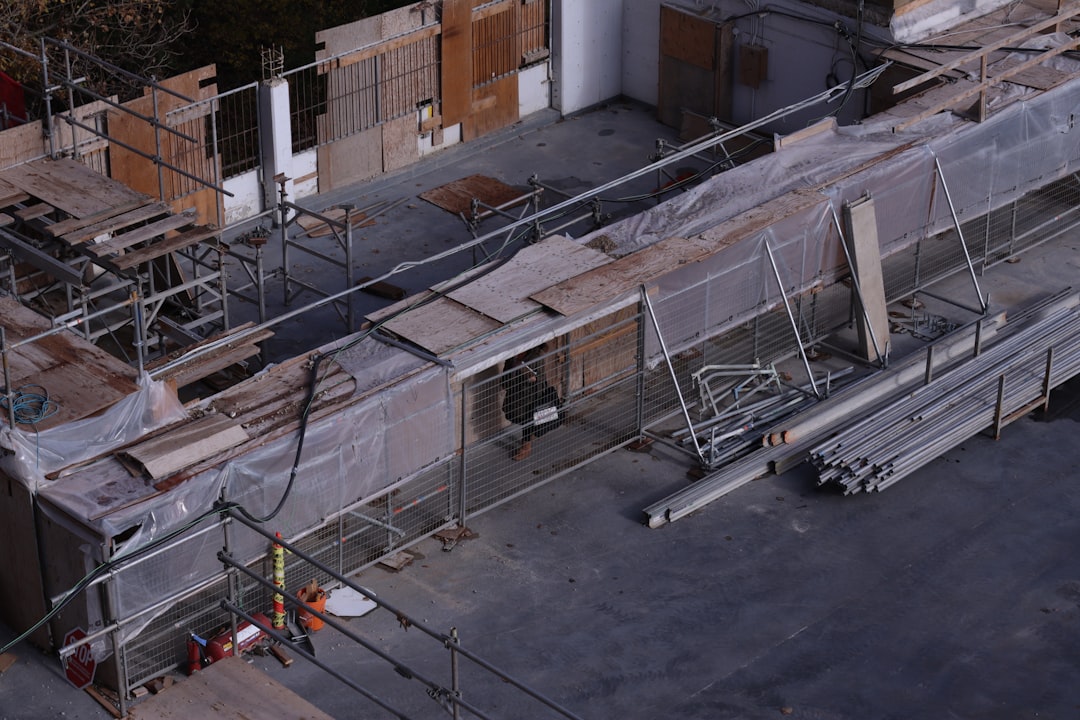San Antonio Deck Cost | CountBricks Residential Estimates
Construction Costs San Antonio
Price source: Costs shown are derived from our proprietary U.S. construction cost database (updated continuously from contractor/bid/pricing inputs and normalization rules).
Eva Steinmetzer-Shaw
Head of Marketing
Your Complete Guide to San Antonio Deck Cost
Understanding deck costs in San Antonio is crucial for construction professionals. Current prices range from $15–$45 per square foot, depending on materials and finishes. Entry-level pressure-treated pine costs $15–$25 per sq. ft., mid-grade cedar or redwood $25–$35 per sq. ft., and premium composite or PVC $35–$45 per sq. ft. These figures include structure, fasteners, and a basic railing system but exclude demolition and upgrades like integrated lighting.
Why Deck Costs Vary Across San Antonio
- Weather exposure necessitates premium finishes and protective coatings.
- Neighborhood permit fees and HOA guidelines affect design choices.
- Carpenter availability and seasonal demand influence labor rates.
San Antonio Deck Cost Breakdown
Materials — 55% of total
- Joists, beams, and posts
- Decking boards, hidden fasteners, and trim
- Sealants, stains, or composite protective caps
Labor — 35% of total
- Layout, footing excavation, and concrete pours
- Framing, decking, and code-compliant railing installation
- Site clean-up and disposal
Permits & Professional Services — 10% of total
- City of San Antonio permit fees
- Structural engineering stamps for elevated decks over 30”
- Final inspections and HOA submissions
Hidden Costs Professionals Should Consider
- Soil testing for expansive clay zones
- Upgrading ledger flashing for humidity and termites
- Adding helical piers in rocky areas
- Temporary fencing for safety during construction
How CountBricks Streamlines Your Deck Project
- Voice-to-Estimate: Describe your project and get real-time estimates.
- Live Marketplace Feed: Prices update every 15 minutes from local suppliers.
- Instant Change Orders: Make adjustments and receive revised estimates quickly.
- AI Blueprint Takeoffs: Upload sketches for automatic calculations.
Typical Timeline for a 320 sq. ft. Residential Deck
- Design & Permit: 1 – 2 weeks
- Material Procurement: 3 – 5 days
- Site Prep & Footings: 2 days
- Framing & Decking: 3 – 4 days
- Railings, Trim, Cleanup: 1 – 2 days
Total: 2 – 3 weeks from deposit to final inspection
Financing & Cost-Saving Strategies
- Bundle projects to spread mobilization costs.
- Opt for screw-piles over concrete in rocky soils.
- Schedule construction during late fall for better rates.
- Leverage partner financing to lock in material prices.
Case Study: Alamo Heights Hill-Top Deck
A client added a built-in bench mid-estimate, adjusting the final contract to $47,300, 4% under budget. Construction wrapped in 14 days with high client satisfaction.
Deep Dive: Comparing Decking Materials in South Texas
Choosing the right decking material is crucial in San Antonio's climate. Pressure-treated pine lasts 8-12 years, cedar 15-20 years, and premium composite over 25 years with minimal maintenance.
True Cost of Ownership
For a 320 sq. ft. deck:
- Pine: $8,000 build + $4,200 maintenance over 10 years = $12,200
- Cedar: $10,500 build + $3,000 maintenance over 10 years = $13,500
- Composite: $14,600 build + $700 maintenance over 10 years = $15,300
Structural Upgrades Worth Every Penny
- Stainless fasteners to prevent corrosion
- Double-flitch beams for cleaner spans
- Integrated LED stair lighting for safety
Pro Tips from CountBricks Field Teams
- Check moisture levels before installation.
- Stagger butt joints to prevent shrinkage.
- Order extra decking to account for cuts.

